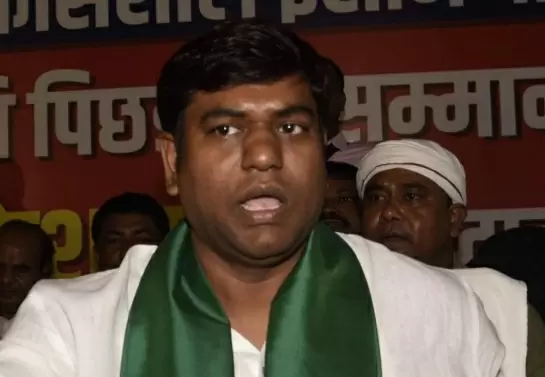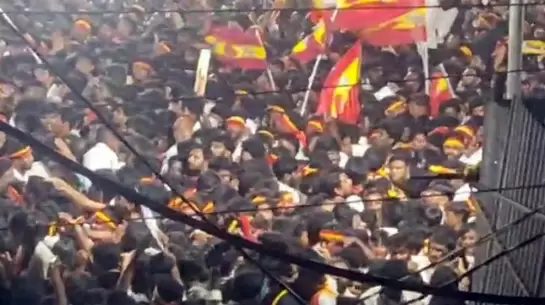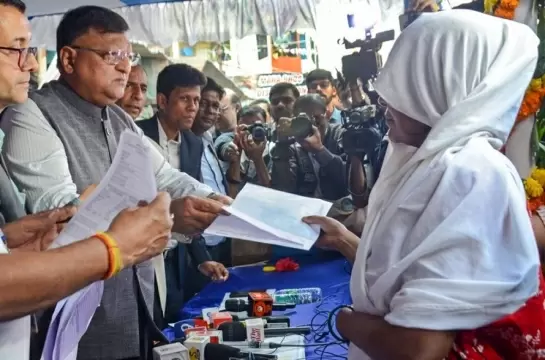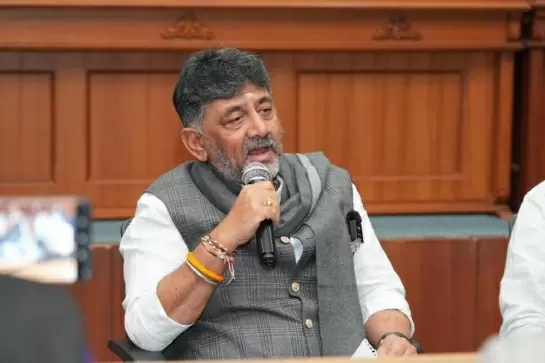ASEAN Summit: Leaders talk free trade, sustainability
22-June-2019
The leaders of the Association of Southeast Asian Nations on Saturday gathered in Bangkok for a summit to discuss economic matters affecting the region amid the ongoing trade tensions between the US and China, as well as to broach an array of policies promoting a path toward greater sustainability.
The Prime Ministers and Presidents of the 10-nation bloc - which was founded in 1967 and is currently made up of Brunei, Cambodia, the Philippines, Indonesia, Laos, Malaysia, Myanmar, Singapore, Thailand and Vietnam - were set to inaugurate later in the day the 34th bi-annual summit's plenary session, which is scheduled to end on Sunday.
The Prime Minister of Thailand, Prayut Chan-ocha - whose country currently chairs the bloc, 10 years after its last chairmanship - had warned on the eve of the gathering of ASEAN leaders that the US-China trade war was creating uncertainty in the global economy, reported Efe news.
"We have to alleviate this tension and create a greater balance," said the head of the Thai government, who took power following a military coup in 2014 and was recently ratified as PM after a controversial general election in March.
Under the theme of "Advancing Partnership for Sustainability", the bloc seeks to boost environmental measures as several countries in the region such as Thailand, Malaysia and Indonesia are moving toward banning imports of non-recyclable waste.
"At a time our region is facing challenges and uncertainty, sustainability is a solution with the aim of creating the best conditions for regional stability and sustained economic growth," said Thai Foreign Affairs Minister Don Pramudwinai during the opening speech of the ministerial meeting.
The bloc's Foreign Affairs and Finance Ministers were also set to meet on Saturday in an attempt to reach a consensus on advancing toward the so-called Regional Comprehensive Economic Partnership with ASEAN's external partners.
The RCEP is a proposed multilateral free trade deal that would make it the world's largest economic bloc due to the inclusion of Asian giants China, Japan, India and South Korea - the continent's four leading economies, in that order - as well as Australia and New Zealand.
It would cover a territory with a combined population of 3.4 billion people - around 40 per cent of the world's inhabitants - and represent a similar proportion of the global economy.
The agreement's details are expected to be hammered out before the end of 2019.
"In this summit, we aim to conclude it as a single stance of ASEAN that we want to complete the negotiation of RCEP by the end of this year," Auramon Supthaweethum, Director-General of the Thai Department of Trade Negotiations, had said on the summit's eve.
The President of the Philippines, Rodrigo Duterte, had said before departing Manila that he would include in the agenda the territorial disputes between China and his country over sovereignty in the South China Sea, an issue that also affects other ASEAN members like Vietnam, Malaysia and Brunei.
Duterte has in the past repeatedly said that even though the countries are friends, the Asian giant shouldn't claim "an entire ocean" for itself and has warned of the dangers this stance could imply.
"I love China, but it behooves us to ask: is it right for a country to claim the whole ocean?" he rhetorically asked during a speech in Tokyo at the end of May.
In early June, a collision between a fishing boat from the Philippines and a Chinese vessel sparked outrage among Filipino nationalist groups, despite the close ties between Manila and Beijing, who have both downplayed the incident's importance.
Around 30 per cent of the world's maritime trade passes through the South China Sea, home to thousands of islets and atolls scattered over an area that contains important fisheries and potential oil and gas deposits. IANS
Opposition Moves to Impeach Justice G R Swaminathan; Kanimozhi Cites Loss of Public Trust
Akhilesh Yadav Slams Centre, Yogi Govt Over Pollution And SIR Drive
PM, HM Set Out To Become Historians But Became ‘Distorians’: Jairam Ramesh
Under-16s Blocked From Social Media In Australia As Ban Comes Into Force
Armed Man Arrested At Vijay’s Puducherry Rally Venue, Security Tightened









